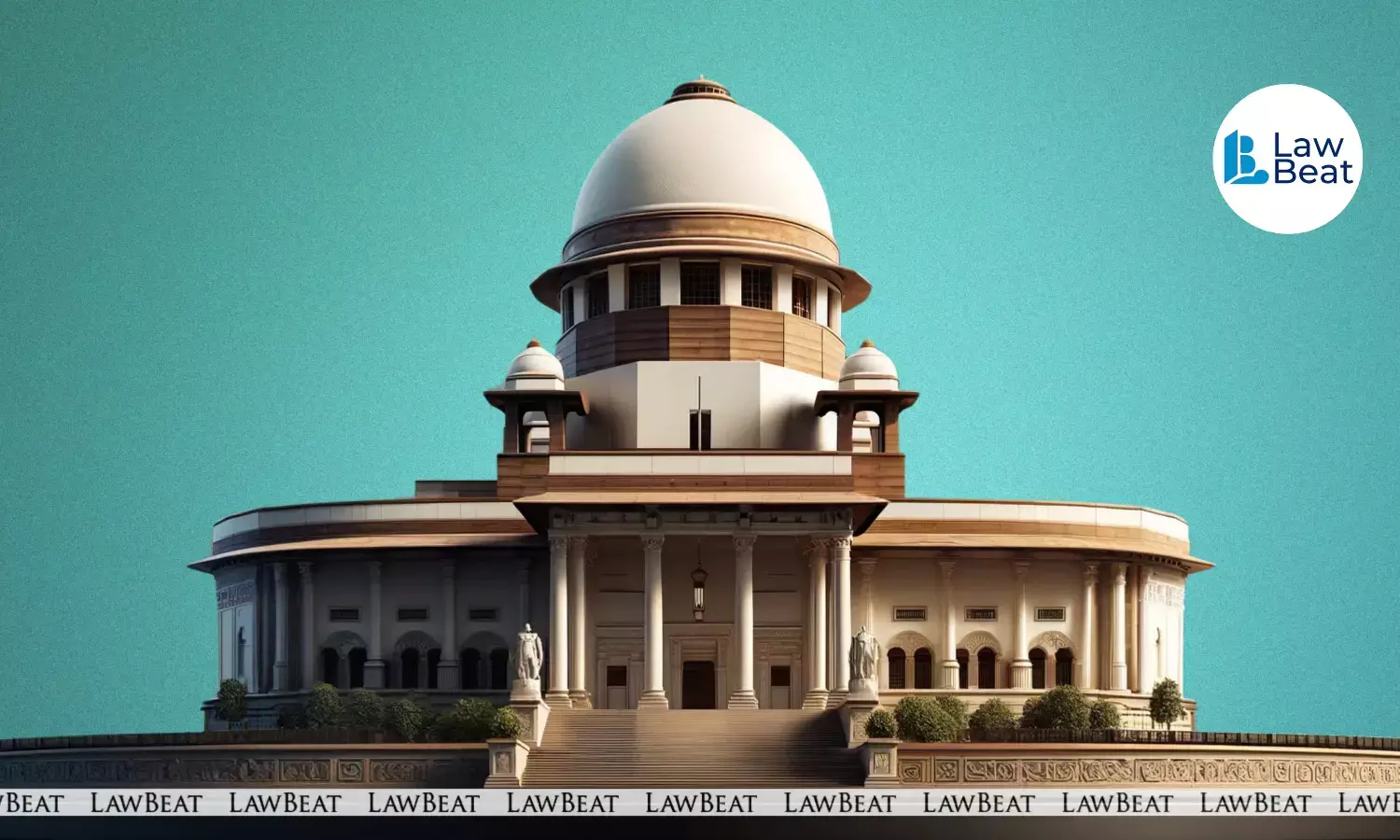SC Fines Man Rs. 10 Lakh for Resisting Possession Despite RS. 2-Crore Compensation

Considering the matter before it an eye opener for one and all, Supreme Court has brought to light certain deficiencies in the 2019 Act which require immediate attention of the Parliament and the Union of India.
The Supreme Court recently imposed a cost of Rs 10 lakh on appellant Prem Aggarwal for unduly resisting the possession of a property. This resistance came despite the apex court dismissing his suit for specific performance concerning an agreement to sell from 1989 and awarding him an extraordinary sum of Rs Two Crores.
The original earnest money paid in 1989 was Rs 25,000 for the property, which was valued at Rs 14.50 lakh at the time.
A bench of Justices Vikram Nath and Sandeep Mehta observed that "some litigants, it seems, cannot take yes for an answer." The bench highlighted the maxim 'actus curiae neminem gravabit', meaning that the act of the court shall prejudice no one, noting that this principle is firmly embedded in our jurisprudence. Court emphasised that this maxim is "founded on the equitable notion that no party should suffer owing to an error, delay, or inadvertence attributable to the Court itself."
The bench further stated, "The court, acting as in appendage of justice, cannot permit its own procedure or inadvertent lapse to occasion injustice. Accordingly, where a party has been disadvantaged by reason of an act of the court, it is incumbent upon the court to undo such prejudice and restore the party to the position he would have occupied but for such act."
Court pointed out that after setting aside the decree on April 1, 2025, it had moulded equitable relief by directing the payment of Rs Two Crores, a sum 800 (eight hundred) times the Rs 25,000 paid as earnest money in 1989. However, the appellant "refused the tender, obstructed execution, and has returned to this court in an effort to delay the inevitable."
The bench characterised the appeal as "a cautionary tale about how the pursuit of a windfall can turn the process of law against those who seek to exploit it, in order to retain possession while spurning an extraordinary monetary award." The bench held that "The appellant has shot himself in the foot and in the same breath dug his own grave. Equity will not allow unjust enrichment." Court emphasised that the process of execution exists to give effect to judgments and not to underwrite windfalls, and a party that has received such compensation must yield possession.
Considering appellant Prem Aggarwal's plea against the order to hand over the possession, the bench stated, "We have no hesitation in recording at the outset that the appellant has been unnecessarily delaying and causing obstruction in the execution of the decree." Court also found that there was no default on the part of the defendants in complying with the court's direction to pay the amount of Rs Two Crores to the appellant, reiterating that this "whopping amount of Rs Two Crores only" was awarded against the earnest money of Rs 25,000 by the judgment and order on April 01, 2025.
"Merely because the fact of possession was not pointed out at the time of hearing, the appellant as an unscrupulous litigant has been resisting the delivery of possession and has dragged the respondents up to this court," the bench said. Court noted that the appellant, who had won from three courts and where a period of 36 years had passed since the time of execution of the agreement, was suitably compensated.
The bench clarified the appellant's lack of right to possession: "The appellant was neither a tenant nor a licencee or lessee on the ground floor of the suit property. He had been inducted only because of the agreement to sell. Once it has been held that no relief can be granted for specific performance and an extraordinary amount has been awarded to compensate the meagre amount of advance is only to adjust the equities. Appellant cannot have any right to resist possession and should not have obstructed or resisted the delivery of possession."
The appellant's counsel had contended that the appellant would be entitled to the benefit of Section 53-A of the Transfer of Property Act, 1882, and being in possession of the suit property, was entitled to continue till there was a decree of eviction. Rejecting this argument, the bench held that the appellant had lost in the suit for permanent injunction and now, having lost in the suit for specific performance of contract, could not claim to hold on to the possession or insist that the defendants should file a separate suit for possession. It pointed out that the compensation of Rs Two Crores was awarded only "to bring an end to the litigation and put a quietus."
Dismissing the appeal, which arose from the Punjab and Haryana High Court's judgment, the bench affirmed that the Executing Court and the high court had "taken a correct view in directing for issuance of warrants of possession with police assistance."
Court underscored that the maxim 'actus curiae neminem gravabit’ thus operates as a constant reminder that the court’s authority must be exercised not to the disadvantage of litigants, but in furtherance of justice.
"After all, to err is human, and when an inadvertent omission is brought to the court’s attention, it becomes the court’s solemn duty to ensure that no party suffers on account of such mistake. In such circumstances, the court is obliged to restore the party to the very position he would have occupied had the error not occurred," the bench concluded.
Court quantified the cost to be paid by the appellant to the respondents as Rs 10 lakh within four weeks, failing which it will carry an interest component of 12% per annum.
Case Title: Prem Aggarwal Vs Mohan Singh & Ors
Bench: Justices Vikram Nath and Sandeep Mehta
